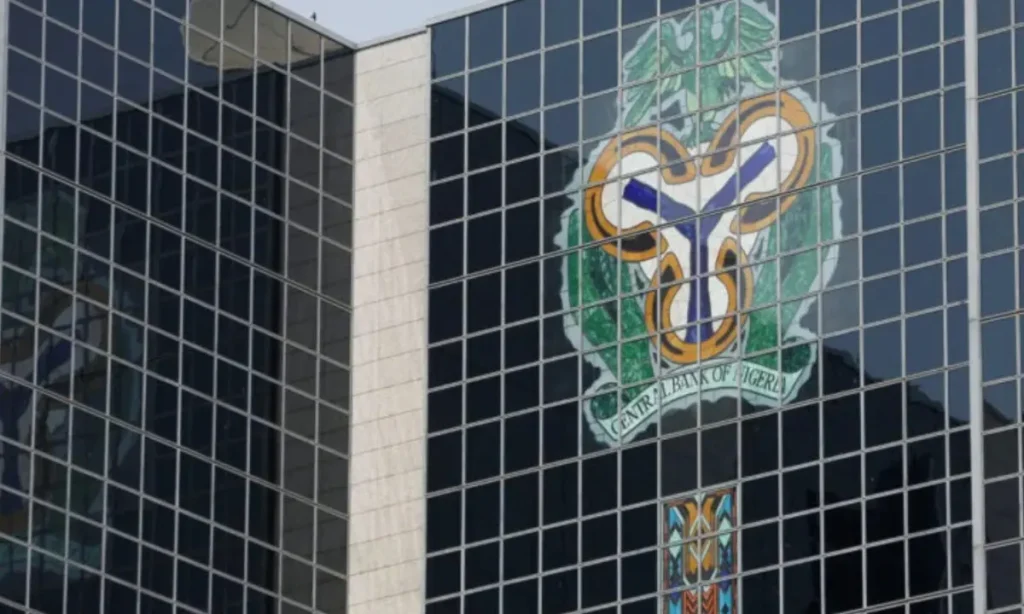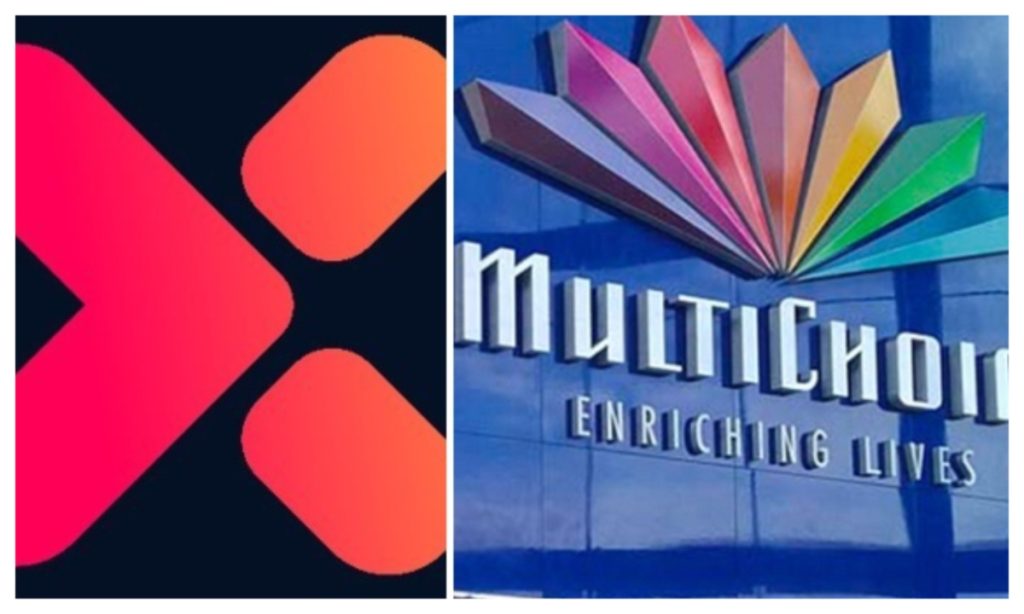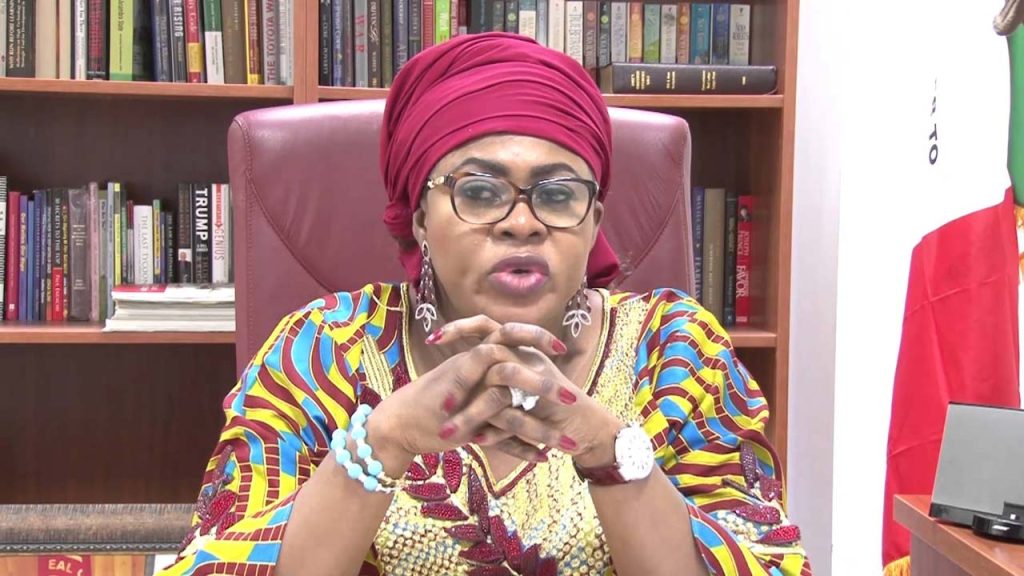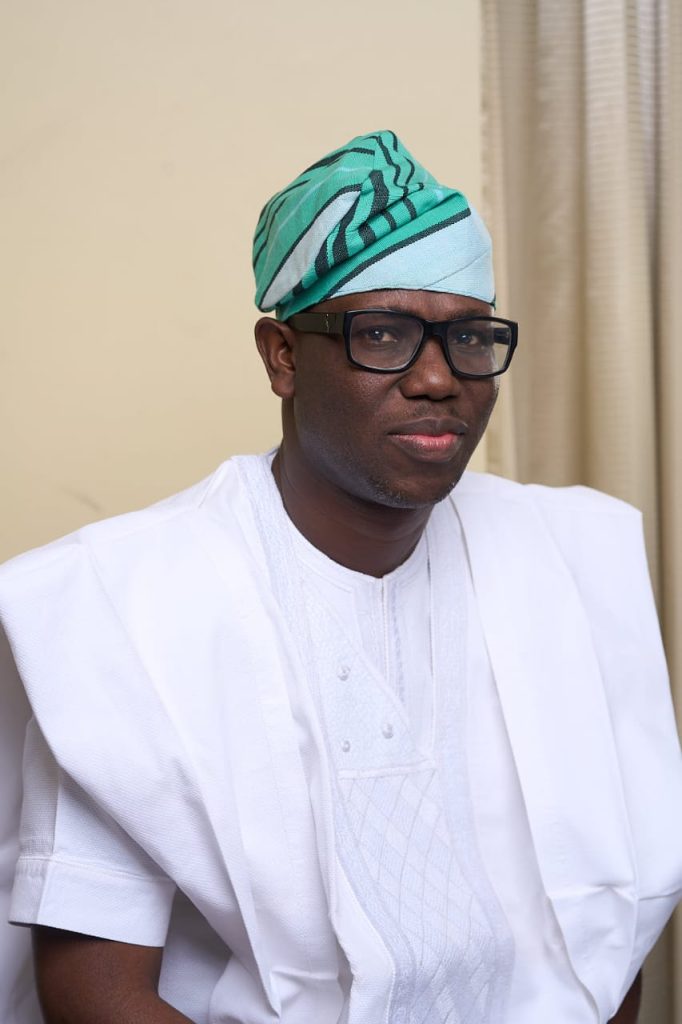A major Nigerian industry group has called for government intervention to halt a controversial fuel distribution strategy by Africa’s largest private refinery, sparking tensions over market dynamics and employment in the country’s critical oil sector. The Natural Oil and Gas Suppliers Association of Nigeria (NOGASA) urged President Bola Tinubu to advise Aliko Dangote, owner of the $20 billion Dangote Refinery, to abandon plans to directly distribute petrol and diesel across Nigeria. The move, NOGASA warns, risks destabilizing the downstream oil industry and displacing thousands of workers.
Speaking at the association’s Annual General Meeting in Abuja, NOGASA National President Bennett Okorie likened the refinery’s proposed distribution model to failed strategies of state-owned refineries. He cited Nigeria’s history of underperforming facilities managed by the Nigerian National Petroleum Company Limited (NNPCL) in Port Harcourt, Kaduna, and Warri, which faced operational declines after shifting to direct fuel distribution. “We’re pleading with the president to tell Dangote to slow down and follow established rules,” Okorie stated, asserting the request was not driven by competition fears but by concerns over repeating past mistakes.
The debate centers on Dangote Refinery’s recent announcement of plans to deploy 4,000 compressed natural gas-powered tankers to distribute fuel directly to retailers, bypassing traditional intermediaries. Okorie argued this approach mirrors steps taken by NNPCL years ago, which he claims contributed to reduced efficiency and the eventual collapse of state refineries. “When NNPC began direct distribution through its filling stations, our refineries started declining. We don’t want Dangote’s project to suffer the same fate,” he explained.
Dangote Refinery, which recently commenced nationwide petrol supplies, dismissed NOGASA’s objections as unfounded. The refinery, positioned to significantly reduce Nigeria’s reliance on fuel imports, emphasized its readiness to scale distribution, citing the new eco-friendly tanker fleet as critical to streamlining operations. While the company did not address job loss concerns directly, industry analysts note the project’s potential to reshape Nigeria’s energy landscape—Africa’s largest oil producer still imports most of its refined fuel despite abundant crude reserves.
The clash highlights deeper tensions between modernization efforts and traditional market structures in Nigeria’s oil sector. With the August 2025 distribution target looming, stakeholders await Tinubu’s response to NOGASA’s appeal, which underscores the delicate balance between private sector innovation and preserving existing economic ecosystems.



